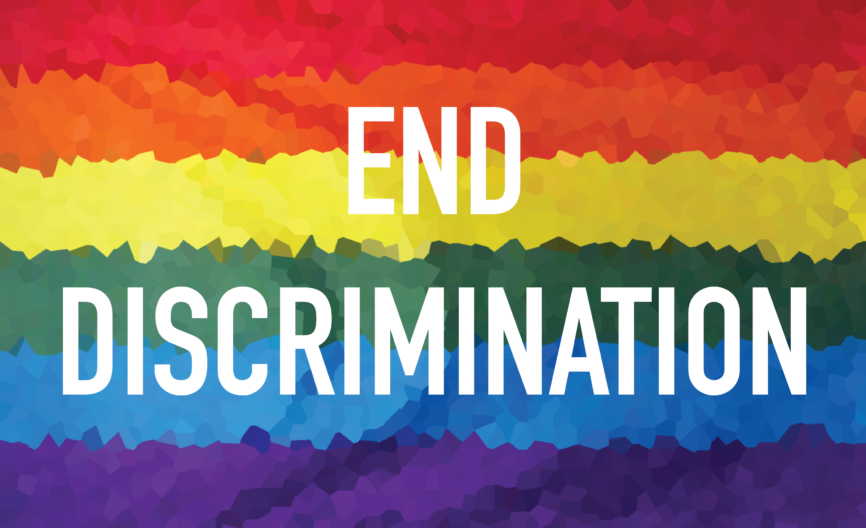Missouri’s archaic laws surrounding LGBTQ people
BY: MARY WILSON
Opinions Editor

On June 26, 2015, the United States Supreme Court ruled in favor of marriage equality. The decision was, appropriately, delivered during Pride Month. Same-sex marriage is now legal in all 50 states; a new generation of LGBT Americans are now able to grow up knowing that they can get married if they choose to, just like their heterosexual peers.
In 2018, Missouri lawmakers debated whether or not sexual orientation or gender identity were grounds for discrimination for the 20th year in a row. LGBT people are often forced into hiding their sexual orientation or gender identity rather than risk losing their jobs. The Missouri Non-Discrimination Act (MONA) would outlaw unlawful housing practices. It would make it illegal to be fired simply on the basis of sexual orientation or gender identity. Twenty states and the District of Columbia explicitly prohibit “discrimination based on sexual orientation or gender identity” in regards to employment. So: what makes Missouri different? What is it about Missouri’s LGBT citizens that puts them in a lower class?
According to the Movement Advancement Project, 3.4 percent of the adult population, or 160,009 people, in Missouri identify as LGBT. 17.3 percent of the LGBT population are raising children.
Missouri’s official state flower is the Hawthorn. Our official state dessert? The ice cream cone. Missouri’s official state reptile is the Three-Toed Box Turtle. Our state motto is, “Let the welfare of the people be the supreme law.” If Missouri will not change so that LGBT citizens have protections in the workforce, the state motto needs to be changed.
As a country, we have made gains in LGBT rights that were previously thought impossible, yet as we rush to the new year, LGBT Missourians are left knowing that, in the eyes of the state legislature, they are inherently worth less than heterosexual, cisgender Missourians. This issue is close to my heart because I am one of those Missourians who has no protection in the workforce. I have kept my sexual orientation a secret at work, afraid of retaliation. There are enough barriers to ‘coming out’ without the threat of job loss. I am a good employee with a strong work ethic. If anyone is able to tell me how my sexual orientation makes me a lesser employee, I would love to know. So far, no one has been able to give me a solid answer and I’m still wondering what about someone’s sexual orientation or gender identity influences their job performance.
We’ll see in a few months if MONA will be introduced for the 21st year in a row. We’ll see if, as a state, Missouri chooses to put protections into law for LGBT citizens.
I’m tired of waiting.












